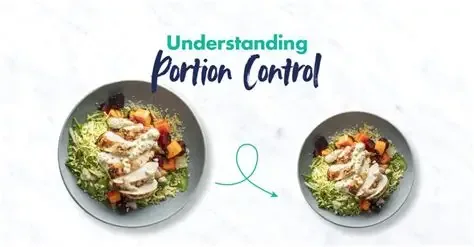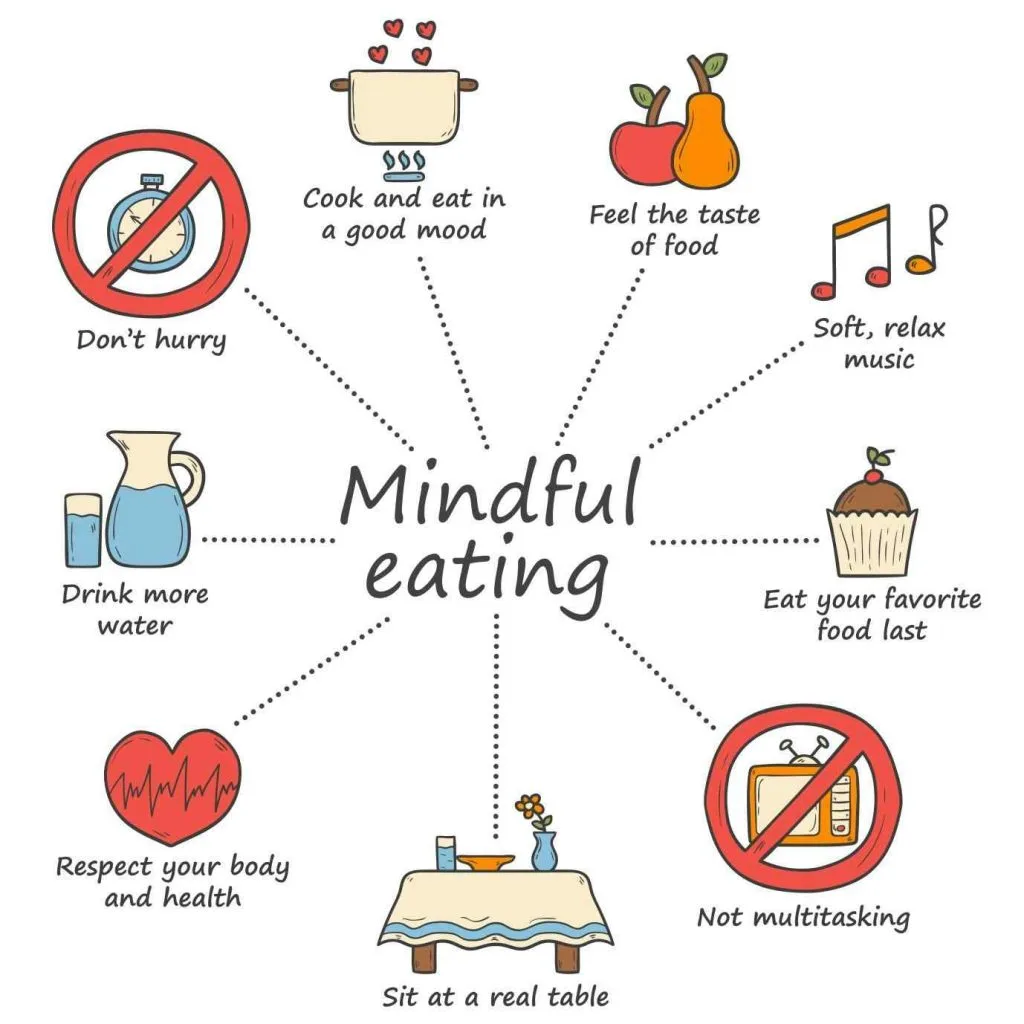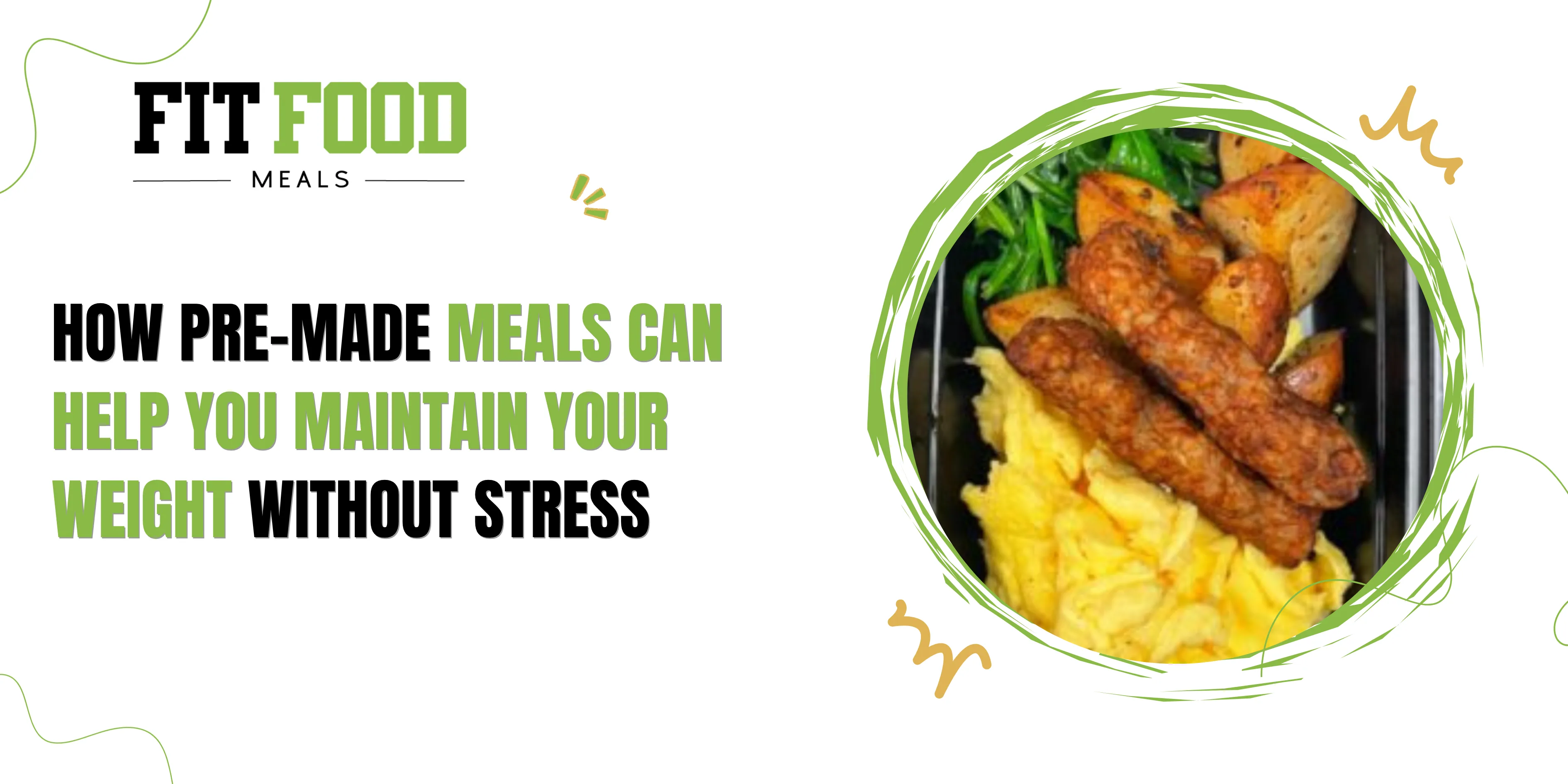Keeping weight steady isn’t about harsh diets or constant willpower. It’s about consistent habits that fit your life. Pre-made meals remove friction from healthy eating: they save time, control portions, and remove the daily guessing that leads to overeating.
This guide explains how pre-made meals work for weight maintenance, the science behind portion control and consistency, and practical tips to make pre-made meals a sustainable tool, not a temporary fix.
Why consistency beats extremes?
The problem with most diets is that they involve practices that cannot be maintained. The idea of weight maintenance is not about drastic short-term reductions but rather about consistent and reproducible decisions. Ready-prepared meals are useful in that they standardize what is on your plate. By substituting unplanned meals with premeditated, nutritional meals, you eliminate situations of high-calorie decision fatigue that ruin your intentions: late-night delivery, restaurant supersizers, or impulse purchases.
Stability further safeguards metabolic well-being. Frequent meals will stabilize the hunger hormones (such as ghrelin and leptin) and blood sugar, thereby decreasing excessive hunger and binge desire. Simply put, there are fewer surprises in the menu, and there are fewer drastic fluctuations in appetite. It is less difficult to adhere to the weight you have.

Portion control and nutritional balance
There are two main components of weight maintenance with minimal stress, proper proportions and balanced macronutrients. Ready-made food is divided into portions. The average maintenance meal is sufficient in protein to induce satiety, moderate carbohydrates as energy, and healthy fats to induce fullness and nutrient absorption. By selecting meals with easily available calories and macro nutrients, you can be able to maintain your daily calories in accordance with your own maintenance requirements without having to manually plan out your meals or count calories.
Research indicates that one of the surest behavioral interventions in weight control is portion control. Individuals who use standardized portions (as compared to estimating at home/ dining out) have a lower number of excess calories in the long term. Ready-prepared food basically automates the process of portion control.
Time savings that protect healthy choices
One of the major reasons why individuals fail to eat healthily or without fast food is time pressure. Ready-made food eliminates the greatest hurdle, which is preparation. Pre-made options save you time spent on planning meals and shopping, instead of spending time on reheating.
That saved time minimizes the possibility of resorting to fast-moving, quick, and high-calorie options. When the healthier options become the default ones, then you will utilize them more regularly – consistency is the means to the end of long-term maintenance.

How do pre-made meals support mindful eating?
Mindful eating is concerned not with the content of the food, but with awareness: recognizing the signs of hunger, eating without distraction, and mindfulness of food. Ready-prepared food may even simplify the process of mindful eating by eliminating the fear of not knowing what to eat.
Knowing your meals beforehand, you will have time to eat calmly, pay attention to the signals of portion, and feel full. The structure releases mental energy to enable you to be present at dinner time as opposed to worrying about what lies ahead.
Practical strategies to make pre-made meals work for you
Choose foods that have a nutrition label: Select ready-prepared options that include calories and macros to be able to make a match to your maintenance plan.
Mix and match for variety: Alternate entrees, change positions, and introduce fresh produce so that the fatigue of taste and the lack of nutrients do not occur.
Build meals, but not daily: Combine prepared lunches with a light breakfast and nutritious snacks so as to have both variety and to keep the total consumption levels at a moderate level.
Setting up a delivery or prep day: Delivering or picking up should be treated as an appointment to avoid having no options and increase the chances of not falling into the trap of eating high-calorie food.
Track a baseline for a week: Recording 3-7 days on a food log will help you understand how ready-made meals work with your requirements and adjust the number of portions or side options.

When to choose pre-made meals vs. cooking at home?
Ready-made food does not intend to substitute everything that is cooked at home. Plan them out: when you have a hectic week, when you are back after a trip or when you just want to have a good, managed meal without making a scene. Cook with the family or do new dishes on the weekend or on free evenings. Such a blend makes food fun, and the system that you require to keep you stable in weight.
Realistic expectations and sustainability
Ready-to-cook foods are a device, not a miracle. They will not make you lose weight or gain weight when you eat more calories than you use up. And they do simplify the calorie calculations and make the healthy choice easier. To most individuals, the greatest victories are gained in terms of food waste reduction, decreased stress levels surrounding meals, and more consistent day-to-day calories, which do not result in the rebounds that occur with restrictive diets.
Final thoughts
As a convenient, evidence-based choice, ready-made meals are recommended as an easy way to lose weight without having to worry about it every day. Begin with a trial week, select meals with easily accessible nutrition information, and combine with two simple habits like daily exercise, sufficient sleep, and mindful eating. All of those little, consistent decisions are going to accumulate, and before long, you will be able to keep your weight effortlessly instead of tiring yourself. Choose Fit Food Cuisine.
